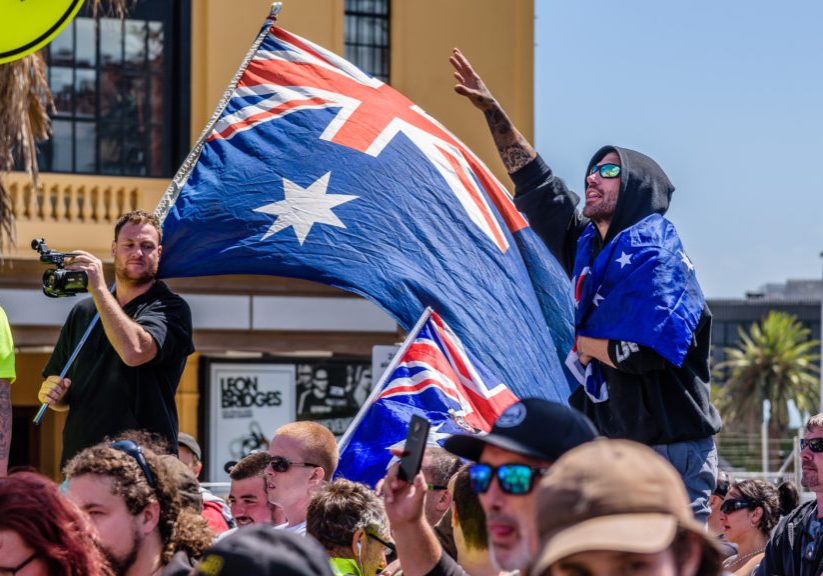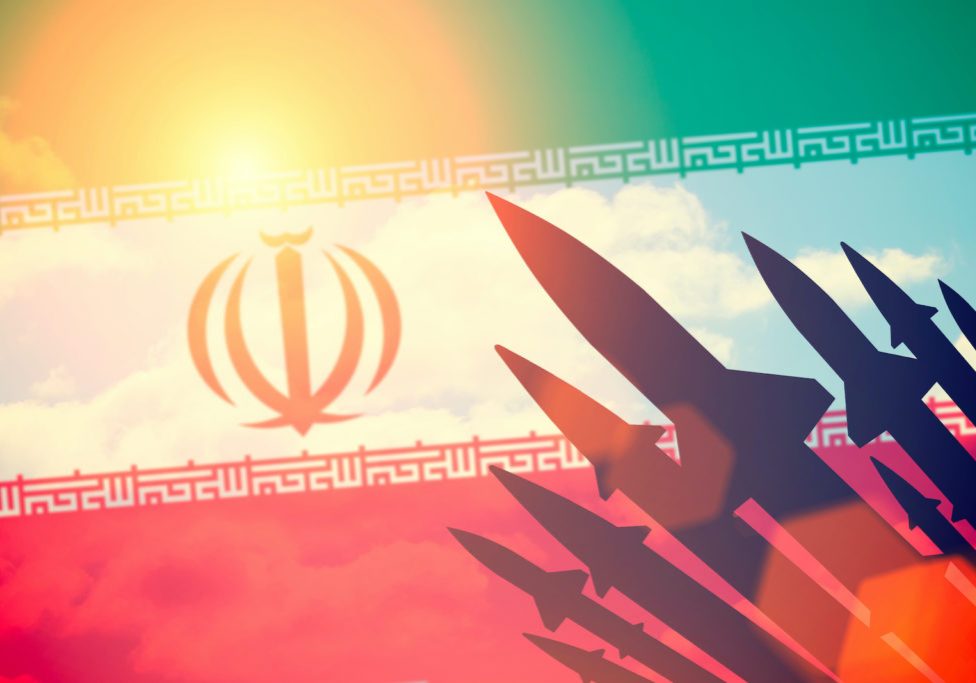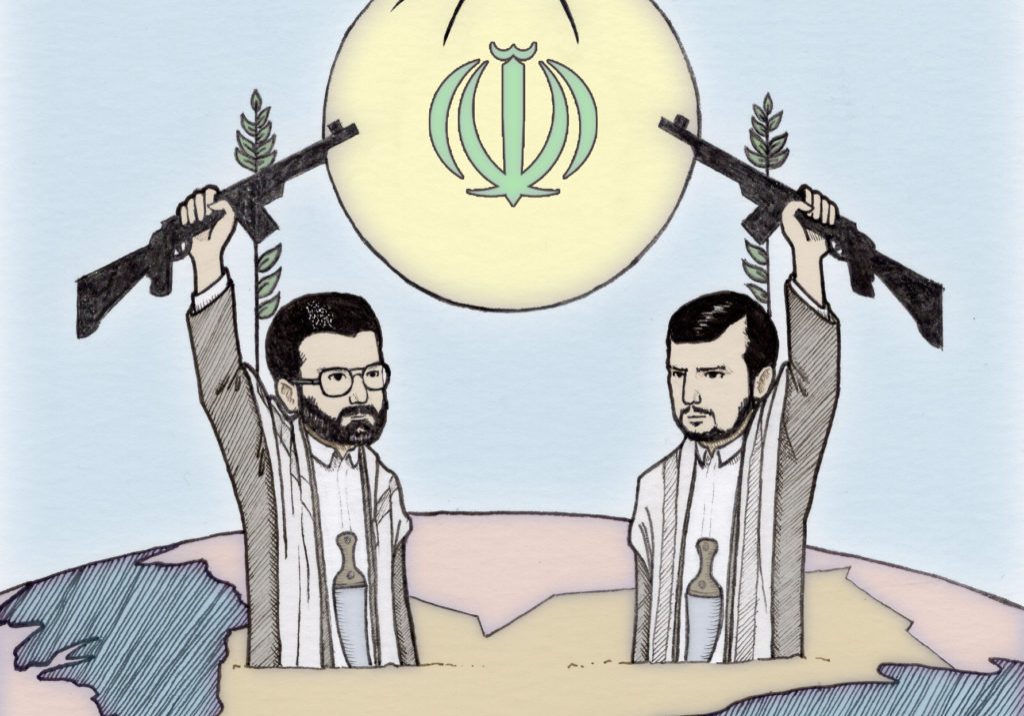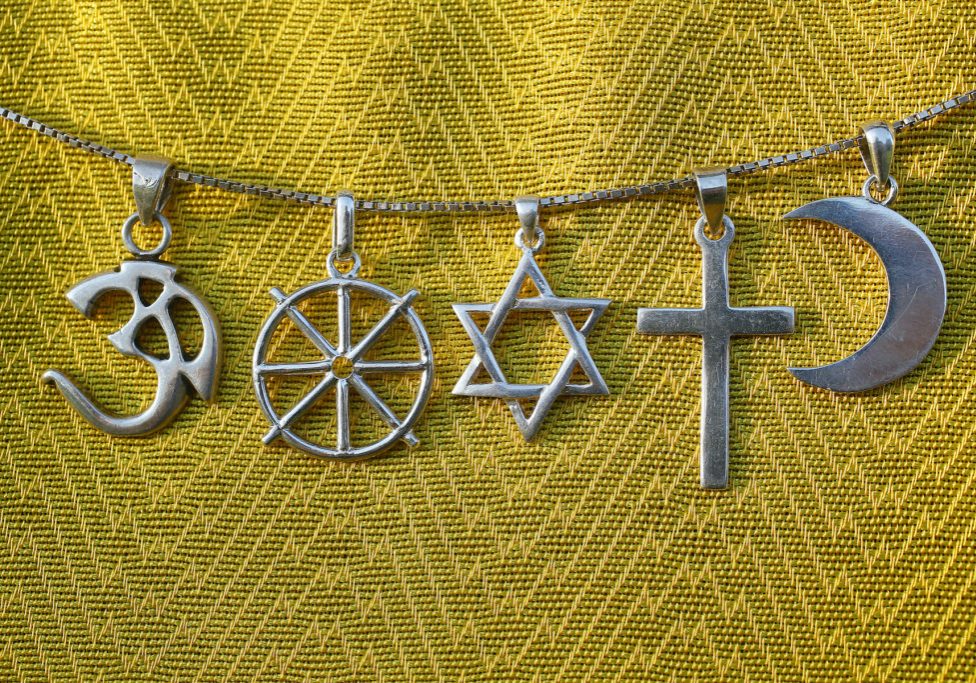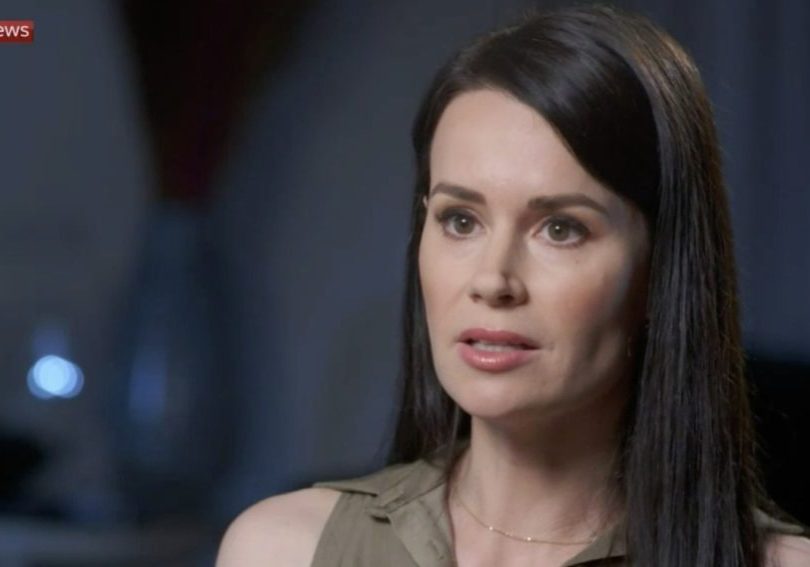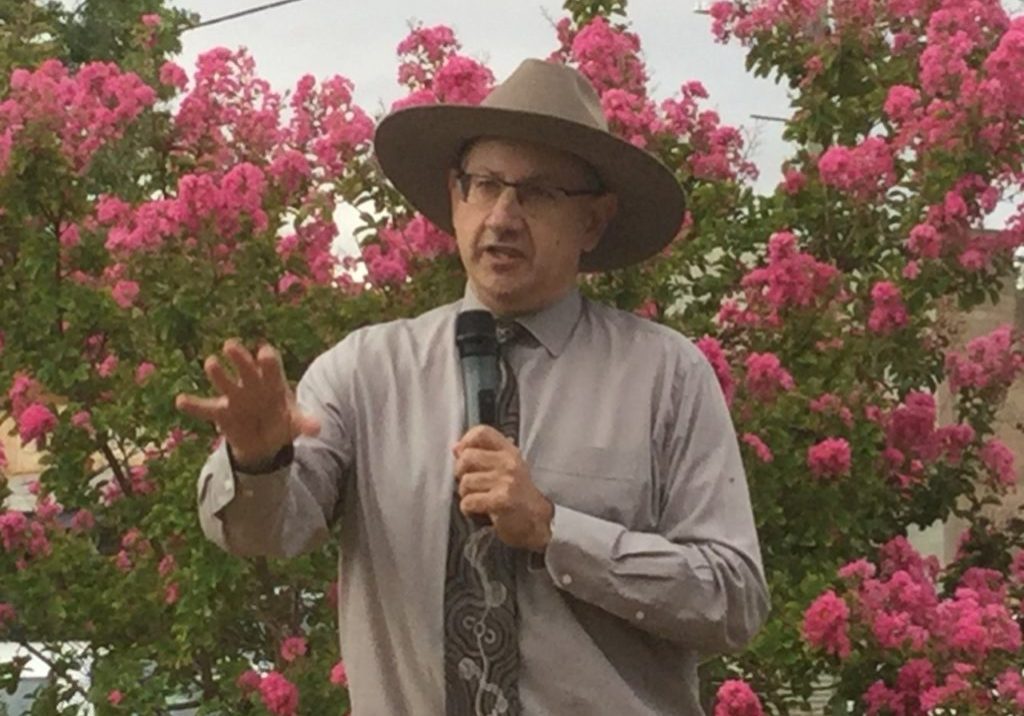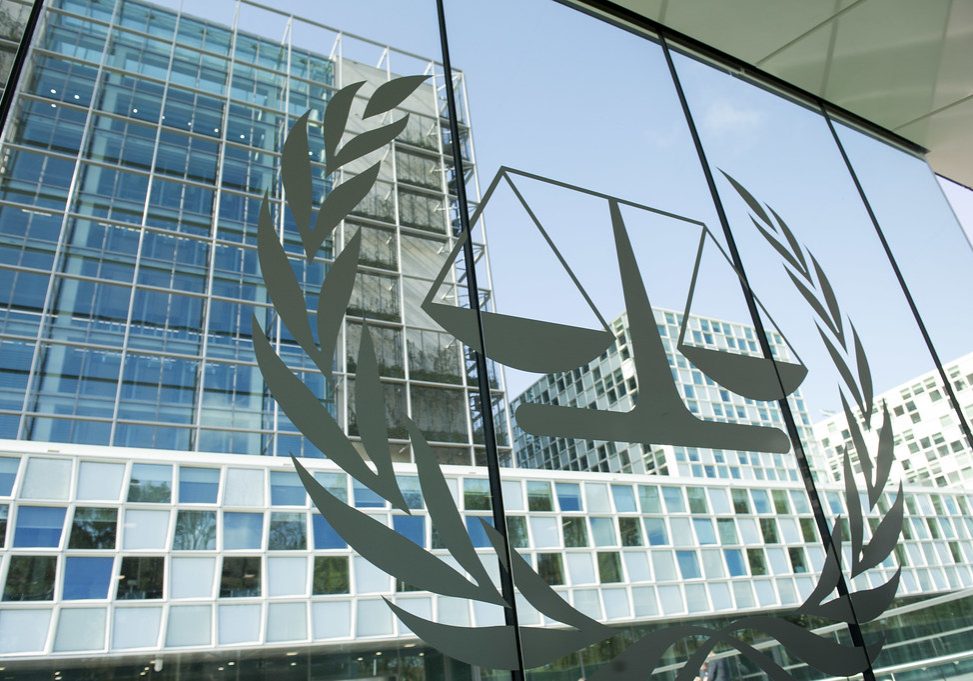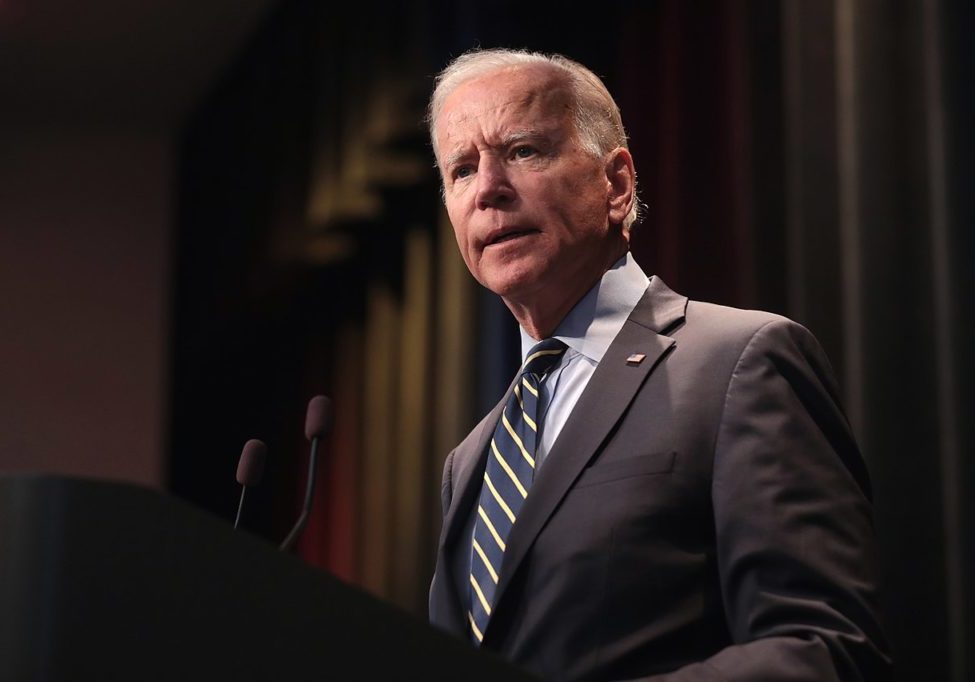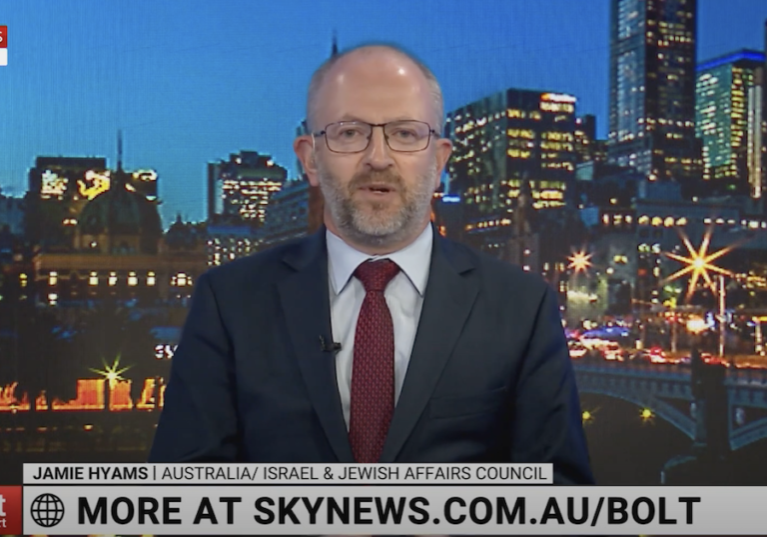
The Palestinians ‘don’t hold the key’ to peace in the Middle East – AIJAC’s Jamie Hyams on Sky News
April 14, 2021
The Australia/Israel & Jewish Affairs Council’s Jamie Hyams was interviewed by Cory Bernardi on The Bolt Report on Sky News Australia, 13 April 2021. He said the Abraham Accords between Bahrain, the UAE, Sudan, and Morocco have shown “the Palestinians don’t hold the key to peace in the Middle East”.
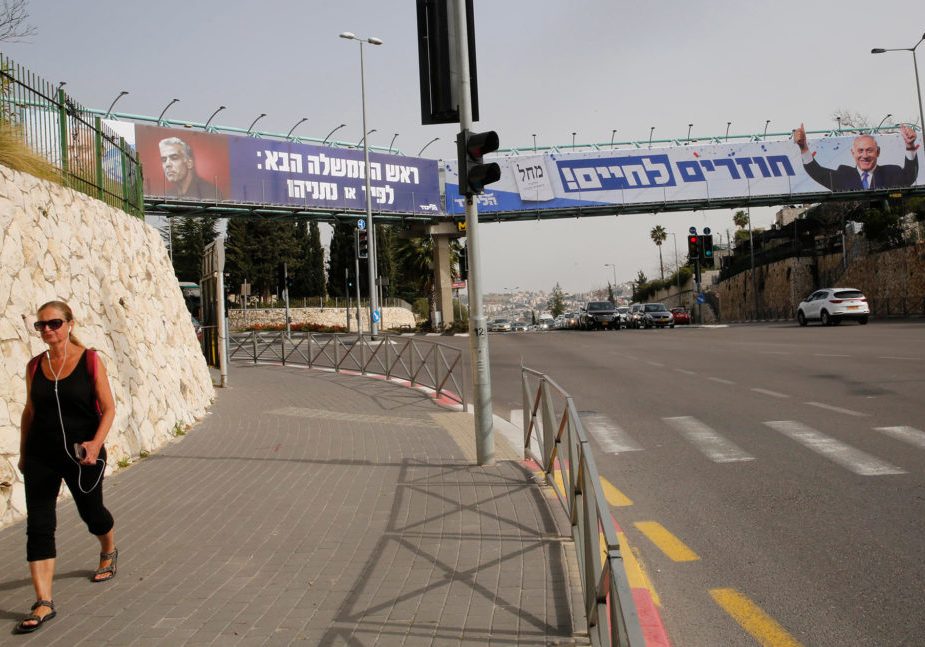
AIJAC’s Ahron Shapiro discusses the Israeli election aftermath on ABC News Radio
April 7, 2021
AIJAC’s Ahron Shapiro discussed the Israeli election aftermath on ABC News Radio with Glen Bartholomew.
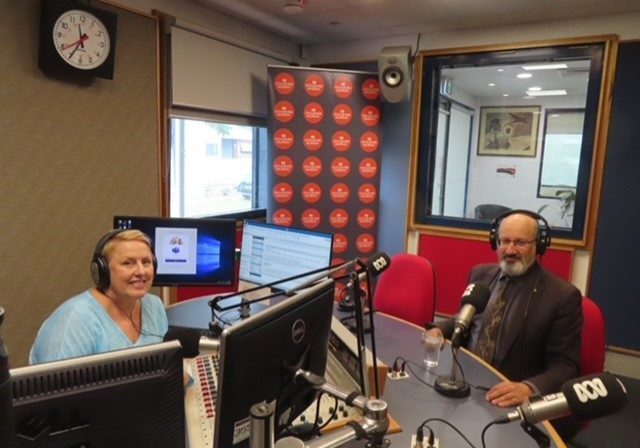
AIJAC’s Jeremy Jones speaks on ABC Radio on Harmony Week, Racism and Multiculturalism in Australia
March 24, 2021
AIJAC’s Jeremy Jones discusses COVID-19, racism and multiculturalism with Sandra Moon on ABC Murray Goulburn and Gippsland during Harmony Week.
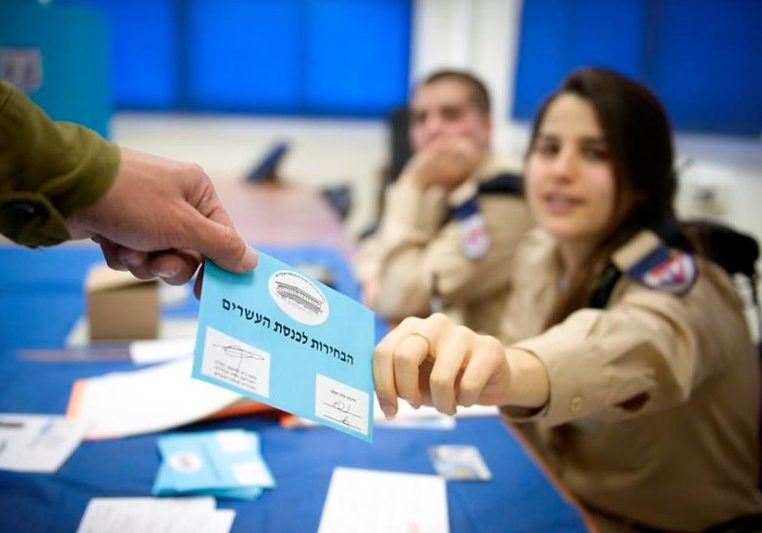
AIJAC’s Ahron Shapiro discusses the Israeli election on ABC NewsRadio
March 23, 2021
AIJAC’s Ahron Shapiro was interviewed by Glen Bartholomew on ABC NewsRadio on the eve of the Israeli election, March 23.

